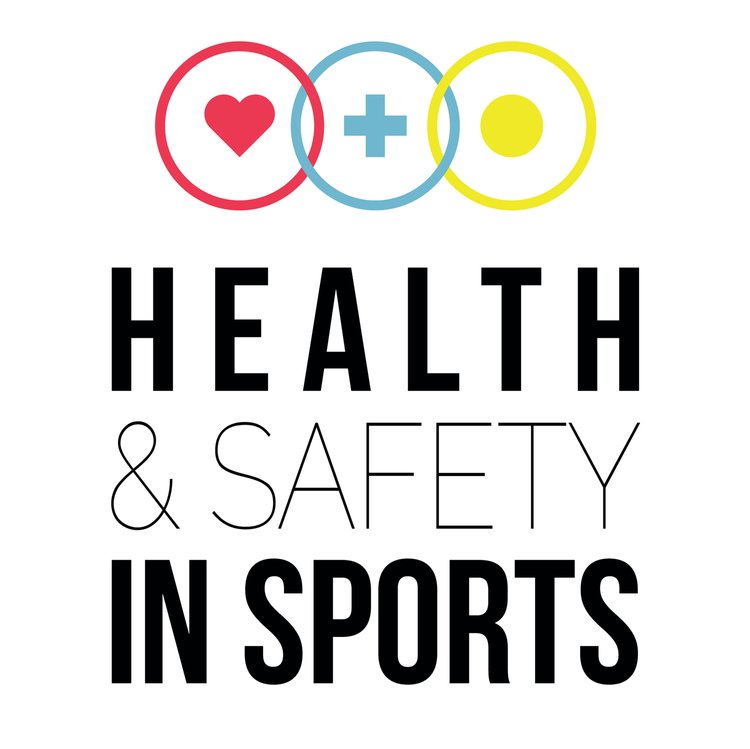Rugby carries a risk for serious injuries, including acute spinal cord injuries. The lifetime health consequences of these injuries may be far-reaching. In this study, out of the Life After the Game project of Marelise Badenhorst, we aimed to describe barriers and facilitators to healthcare and rehabilitation in individuals with rugby-related spinal cord injuries in South Africa.
Read MoreHealthy Sports
High prevalence of mental health symptoms after elite athletic career retirement
We should not ignore the mental health of elite athletes. The high pressure of elite sports, the spotlights, the need to perform .. what if that all suddenly drops? That is exactly what we sought in this study.
Read MoreLimited evidence shows that health issue in Trail Running are common
We are hitting 2021 running .. literally .. with this systematic review on injuries in Trail Running. The first part of the Trailblazer study of Carel Viljoen to be published. Despite an increase in popularity in trail running, there is limited information available on injury and illness among trail runners to help guide injury and illness prevention strategies. Therefore, the primary aim of this review was to describe the epidemiology of injury and illness among trail runners.
Read MoreA high incidence of mental Health problems in retired elite athletes
Do former elite athletes experience a higher incidence and comorbidity of symptoms of mental health disorders compared to the general population? That is exactly what our latest paper sought to find.
Read MorePara-athletes show high prevalence and incidence of musculoskeletal injuries
We are proud that we were able to support this review on the prevalence, incidence and profile of musculoskeletal injuries in para-athletes. Sports for athletes with a disability is gaining in popularity and is growing rapidly in terms of competitiveness. Research on the protection of the health of these athletes is, however, lagging behind. With this systematic review, we provide an overview of what is known on the injuries sustained by para-athletes. At the same time, we provide future direction by calling out gaps in the evidence.
Read More




